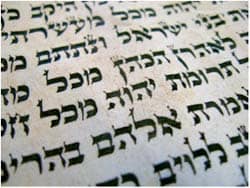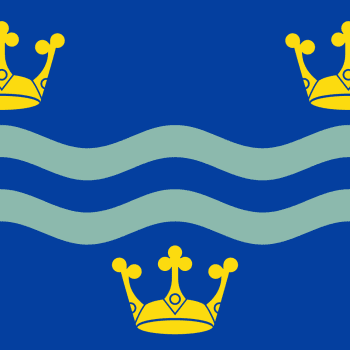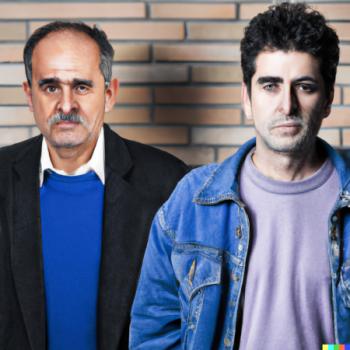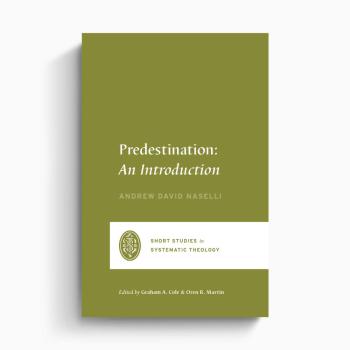However, the event was to prove that Aaron and Moshe were truly the leaders of the Jewish people and to end the rumblings about lack of faith in G-d. But it didn't seem to work. The Israelites still claimed that they were doomed.
 The last section of this parsha deals again with the life of the Levites and priests and their duties. G-d makes it clear, here, that Aaron and his priests would not have a share of the land wherever the Israelites go. G-d says that their share is G-d. They have been given a special honor and therefore they are not given land. This is about more than a place to put a home; this was about livelihood. Without land, they could not grow crops; without crops, they would not eat. So G-d divides the holy donations and gives them to these people. The priests get the offerings -- first fruits, wine, oil, grain, and money brought to G-d. Offerings and sacrifices were never intended to be wasted for G-d. They were meant to atone for mistakes and thus support the physical cogs of G-d's Temple. The offerings were to feed the priests and their families. The Levites were given the tithes but also kept from owning their own land. However, of the tithes they received, one-tenth was given again back to G-d and the Holy Temple. This was akin to being paid for their service and the sacrifice of not having land. In this sense, the protectors of our holiest traditions were cared for by the very community that they served. The service to G-d was truly a service and not a position of wealth.
The last section of this parsha deals again with the life of the Levites and priests and their duties. G-d makes it clear, here, that Aaron and his priests would not have a share of the land wherever the Israelites go. G-d says that their share is G-d. They have been given a special honor and therefore they are not given land. This is about more than a place to put a home; this was about livelihood. Without land, they could not grow crops; without crops, they would not eat. So G-d divides the holy donations and gives them to these people. The priests get the offerings -- first fruits, wine, oil, grain, and money brought to G-d. Offerings and sacrifices were never intended to be wasted for G-d. They were meant to atone for mistakes and thus support the physical cogs of G-d's Temple. The offerings were to feed the priests and their families. The Levites were given the tithes but also kept from owning their own land. However, of the tithes they received, one-tenth was given again back to G-d and the Holy Temple. This was akin to being paid for their service and the sacrifice of not having land. In this sense, the protectors of our holiest traditions were cared for by the very community that they served. The service to G-d was truly a service and not a position of wealth.
I shall end this week's parsha with a thought from Reb Zalman Schachter-Shalomi about this parsha:
This week we read about the Korahite rebellion. Our sages have the following thing to say about it: "Which dispute was for the sake of heaven? Do say the dispute of Hillel and Shamai. Which dispute was not for the sake of heaven? Do say the dispute of Korah and his congregation."
Rabbi Elimelech asked: "Why do the sages not say the dispute between Korah and Moses? To show that Moses had no part in this dispute which was not for the sake of heaven. Even if Korah had prevailed he still would have quarreled with his congregation for leadership." Those leaders who do their work for the sake of heaven are not self- centered. God is their leader. In Jewish leadership only the God-centered person prevails.
Parshat Korach from G-dcast.com
More Torah cartoons at www.g-dcast.com





